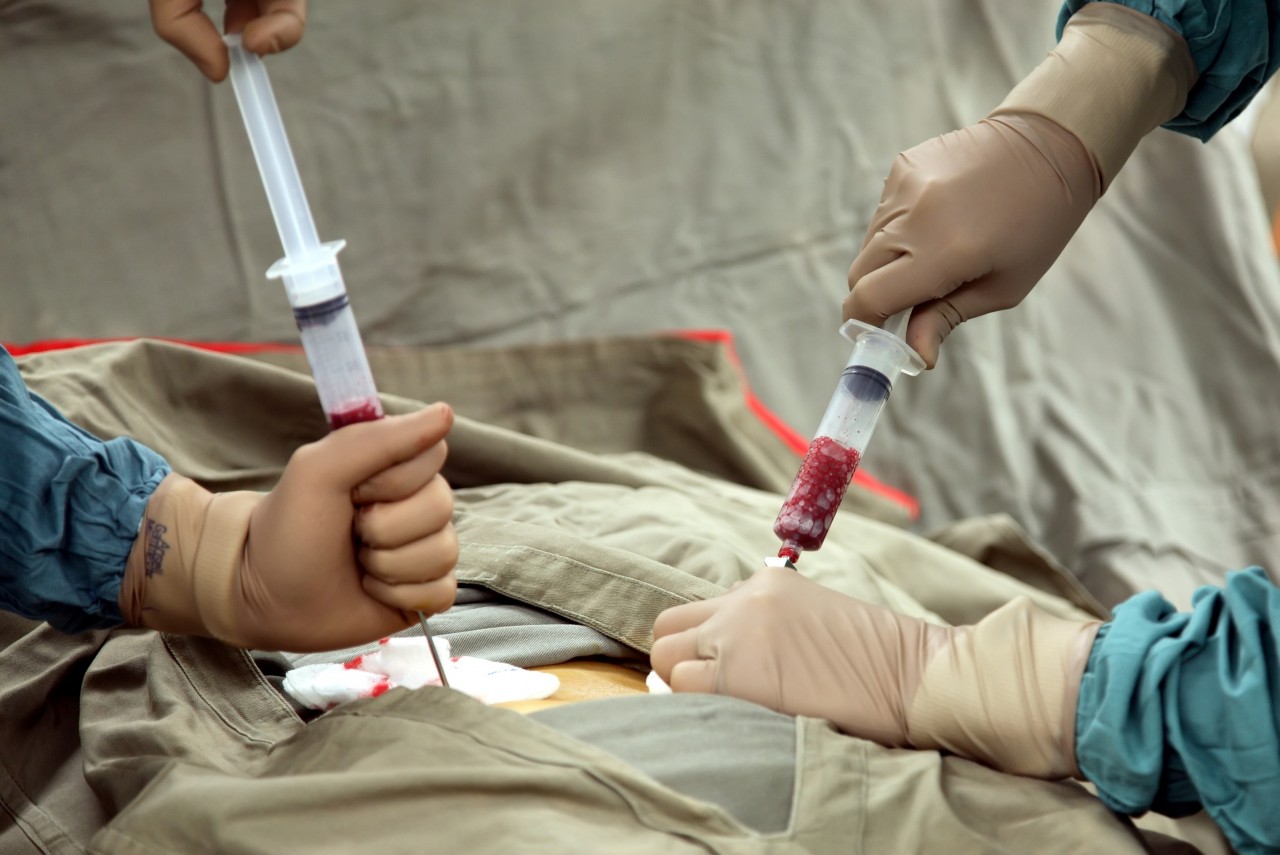Results from a recent study published in the journal JACC Cardiovascular Interventions revealed that Acute Kidney Injury in Chronic Kidney Disease patients undergoing Carotic Artery Implantation (CAS) is mostly due to hemodynamic depression and is associated with higher 30-day major adverse events rate.
Acute kidney failure (AKI) occurs when the kidneys suddenly become unable to filter waste products from the blood. Upon such occurrence, dangerous levels of waste may accumulate and blood’s chemical makeup may get out of balance.
Acute kidney failure — also called acute renal failure or acute kidney injury — develops rapidly over a few hours or a few days and can prove fatal, requiring intensive treatment. Acute kidney injury may increase the risk for chronic kidney disease (CDK), a long-term condition where the kidneys do not work effectively.
In the study titled “Acute Kidney Injury in Patients With Chronic Kidney Disease Undergoing Internal Carotid Artery Stent Implantation”, Michael Donahue, MD from the Laboratory of Interventional Cardiology and Department of Cardiology, Clinica Mediterranea in Naples, Italy and colleagues investigated acute kidney injury after a carotid artery stenting (CAS) procedure in 126 CDK patients who underwent CAS.
All patients were assessed for AKI (i.e., an increase of ≥0.3 mg/dl in the serum creatinine concentration at 48 h), Hemodynamic depression (i.e., periprocedural systolic blood pressure <90 mm Hg or heart rate <60 beats/min), and 30-day major adverse events (including death, stroke, and acute myocardial infarction). Results revealed that a total of 26 patients had AKI .
At baseline, patients in the AKI and non-AKI group had similar kidney function and contrast volume. However, the results showed that in the AKI group the Mehran risk score was higher along with a higher rate of hemodynamic depression (mostly due to hypotension). The threshold of hemodynamic depression duration for AKI development was of 2.5 min (sensitivity 54%, specificity 82%).
The results also revealed that the independent predictors of AKI were male sex, hemodynamic depression and risk score. Furthermore, the independent predictors of 30-day major adverse events that often occurred in the AKI group were AKI and hemodynamic depression.
According to the researchers, “In CKD patients undergoing [carotid artery stenting], hemodynamic depression but not [contrast media] volume represents an independent predictor of AKI; and AKI is associated with a higher 30-day major adverse events rate. Further studies are needed to assess whether preventing hemodynamic depression will reduce the AKI rate and therefore improve outcome following [carotid artery stenting].”

